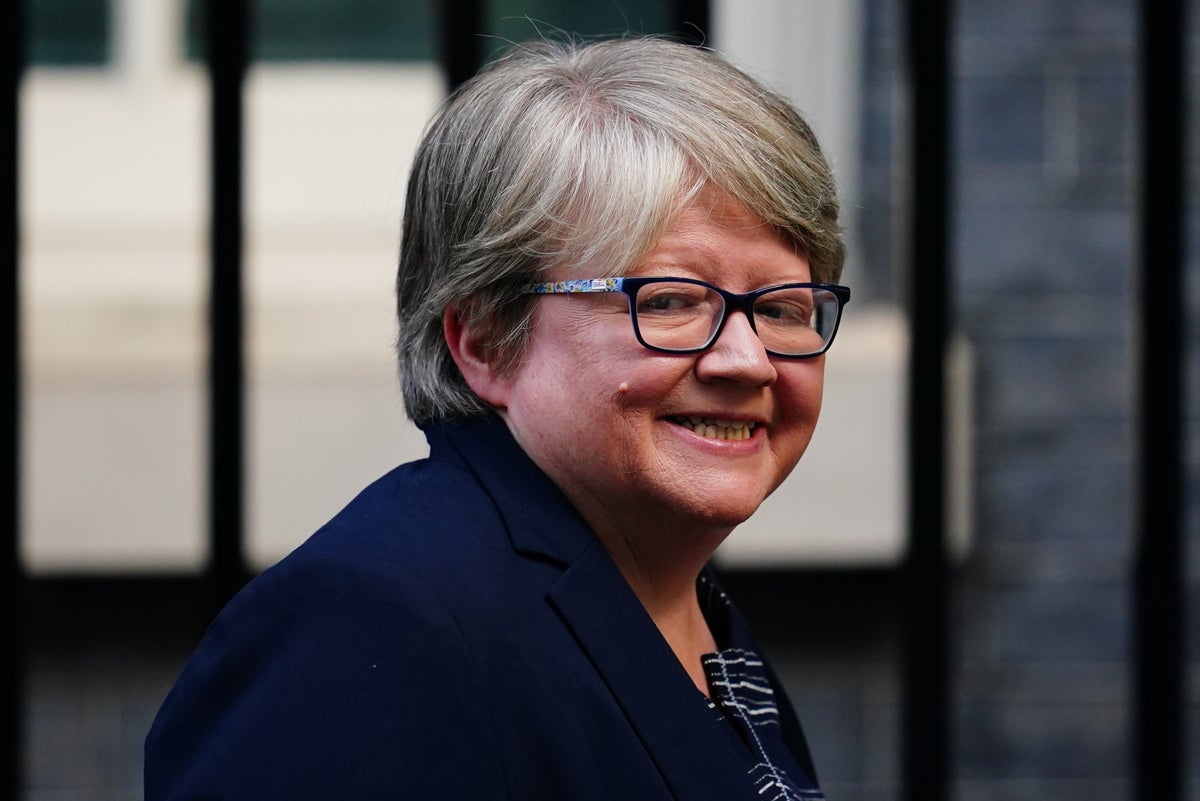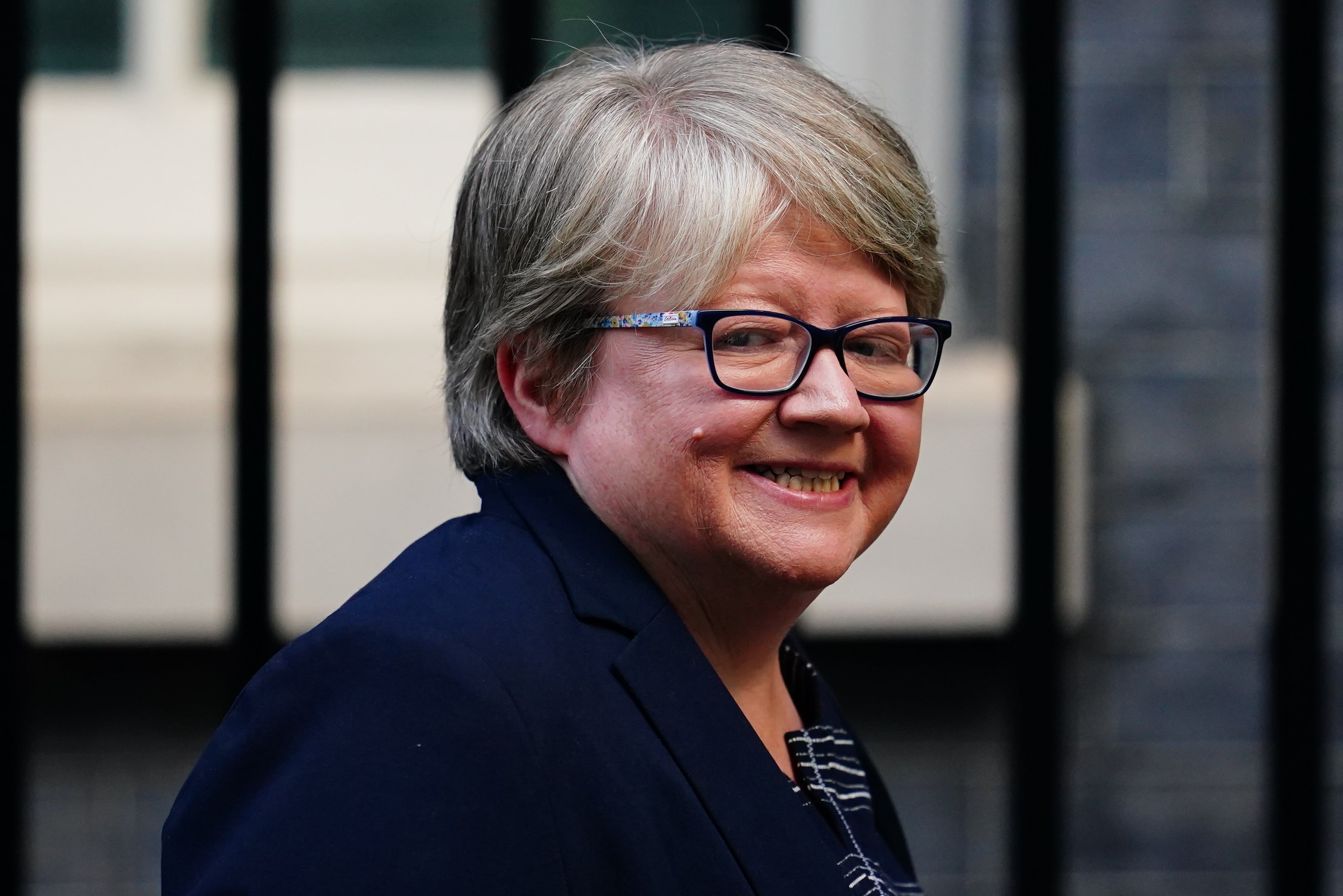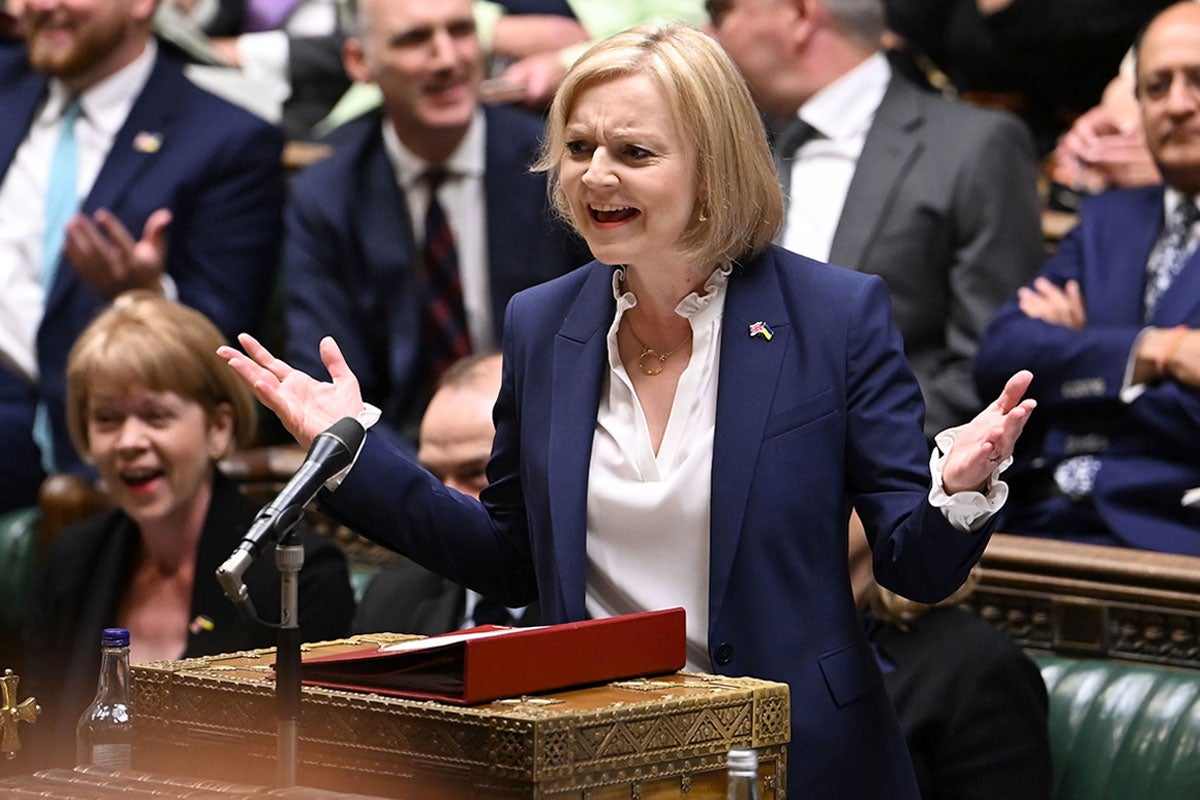
GPs have warned of a ‘tsunami of demand’ this winter as patient contacts surged 200% during the pandemic.
One of the largest GP providers in the UK, Modality Partnership, told The Independent it received 4.8 million calls from patients in one year alone with around a quarter going unanswered across many of its practices every day.
The provider, which covers 500,000 patients across the country, said its practices were now working above “safe levels” with 50 appointments a day per GP, far higher than the 35 advised by the British Medical Association.
Speaking with The Independent, Vincent Sai, chief executive and partner at Modality said the new health secretary Therese Coffey must “not point fingers” and “not find a scapegoat” as “every part of the system is under pressure. Every player in the health system is under the cosh.”
Have you been impacted by the NHS crisis? If so email rebecca.thomas@independent.co.uk
The warning comes after new prime minister Liz Truss outlined GP access as one of her key priorities as new prime minister.
Ms Coffey is yet to set out key details of the plan for improving GP access but did confirm she would not implement charges for appointments.

Mr Sai said: “We believe patient contacts have increased 200 per cent, over the last few years. The expectation is that GP practices have maybe four to five patient contacts per year, but if you just look at just the number of phone calls alone, it’s showing that it’s much more now.
“So something is broken somewhere...there’s more work, there are fewer people. People say I can’t get access to my GP and the hypothesis is they’re just lazy and not working, but it’s not the case.”
Data collected by the Modality show it has seen a 54 per cent increase year on year in patients needing prescriptions, a 30 per cent increase in blood tests and a 25 per cent increase in admin tasks, and a 45 per cent increase in reception workload.
The levels of referrals for patients in 2022 across its 20 practices are also almost double the levels in 2019. This some as levels of staff leaving have hit 28 per cent.
Mr Sai said the practices turnover rate was being driven by front-of-house staff who are leaving their roles for reasons such as abuse from patients and for other opportunities outside of healthcare such as working for Aldi.

Speaking with The Independent Dr Mina Gupta, clinical chair for Modality Partnership described how she works on blood tests and referrals and home after her hours working in the surgery.
She added: “Winter is [going to be] a bit scary for us because the cost of living crisis is going to start to hit people. There’s going to be a tsunami of demand coming through for lots of different reasons.”
Dr Gupta also warned over “huge” levels of mental health demand.
She said: “I’ve never seen so many mental health presentations, I’ve been a GP for 35 years, and I haven’t seen so much. Every call has an element of mental health.”
Modality told The Independent it is in talks with local community leaders to open up halls for patients to take “refuge” in response to the energy crisis.
Talking about workforce pressures Dr Gupta added “There’s no magic tree of people to do the work. So where Covid, vaccinations, and flu vaccinations were delivered at the weekends. These are the same staff who then work nine to five.”
The GP who works within an inner-city Birmingham practice described how her staff have to deal with abuse from some patients..
A Department of Health and Social Care spokesperson said: “The Health and Social Care Secretary is focused on delivering for patients and has set out her four priorities of A, B, C, D - reducing ambulance delays, busting the Covid backlogs, improving care and increasing the number of doctors and dentists.
“There are nearly 1,500 more doctors working in general practice now than 2019, a record number of students started training last year and we are spending £1.5billion to create 50 million more appointments by 2024.”







